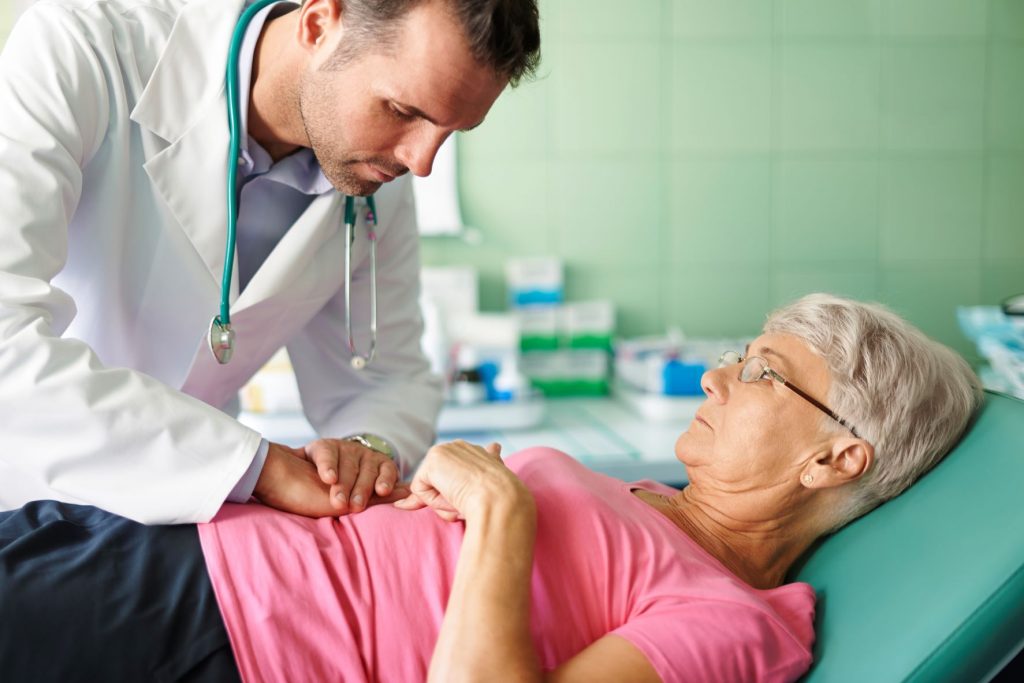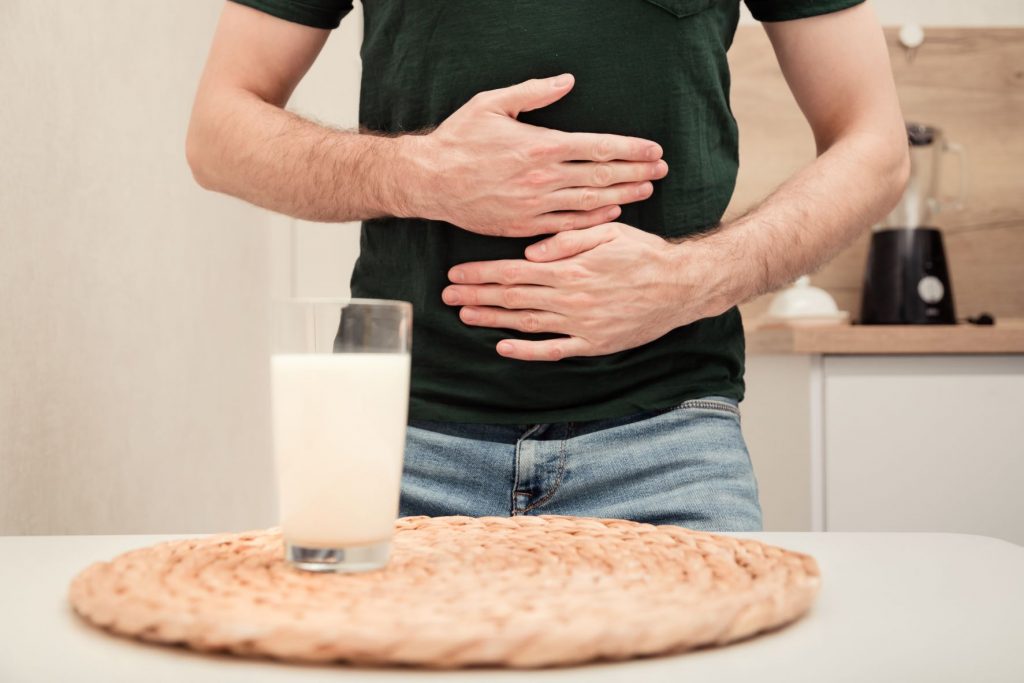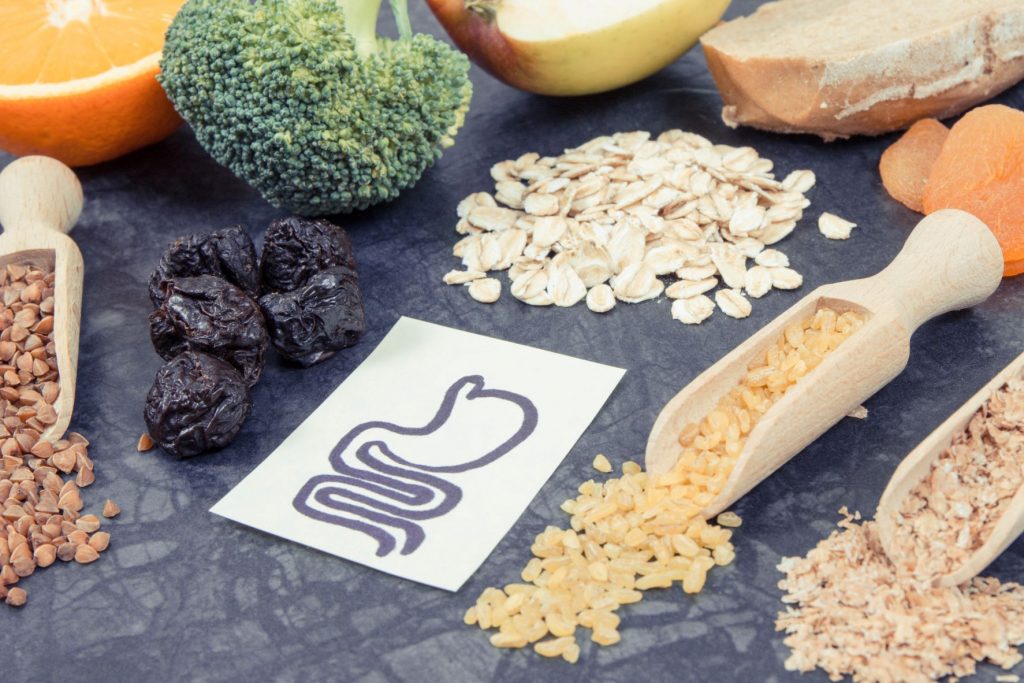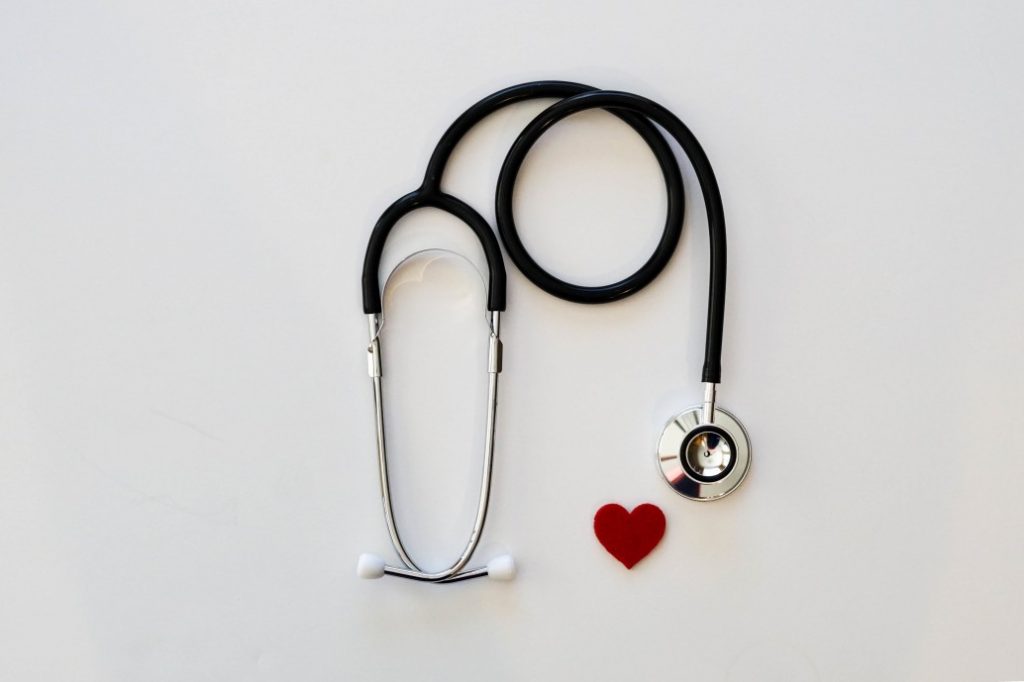Digestive Health – What You Should Know About Your Digestive System
If you are one of the millions of Americans with digestive problems, then you probably already have a basic understanding of your digestive system. In this article, you will learn about the organs of the Arizona Digestive Center system, the process of digestion, the small intestine and the pancreatic enzymes that aid digestion. This information is essential for improving your overall health and avoiding digestive problems. Listed below are a few additional facts you should know about your digestive system.
Organs in the digestive system
Your body’s digestive system includes mouth, esophagus, stomach, small intestine, anus, and liver. These organs break down food and release digestive juices into the bloodstream, where they can be used by the body for energy, growth, and repair. The entire process involves a number of important chemical reactions. Here are some facts about the digestive system. The digestive tract is a 30 foot-long tube that begins in the mouth and ends in the anus. The stomach and small intestines contain tiny glands that produce digestive enzymes.
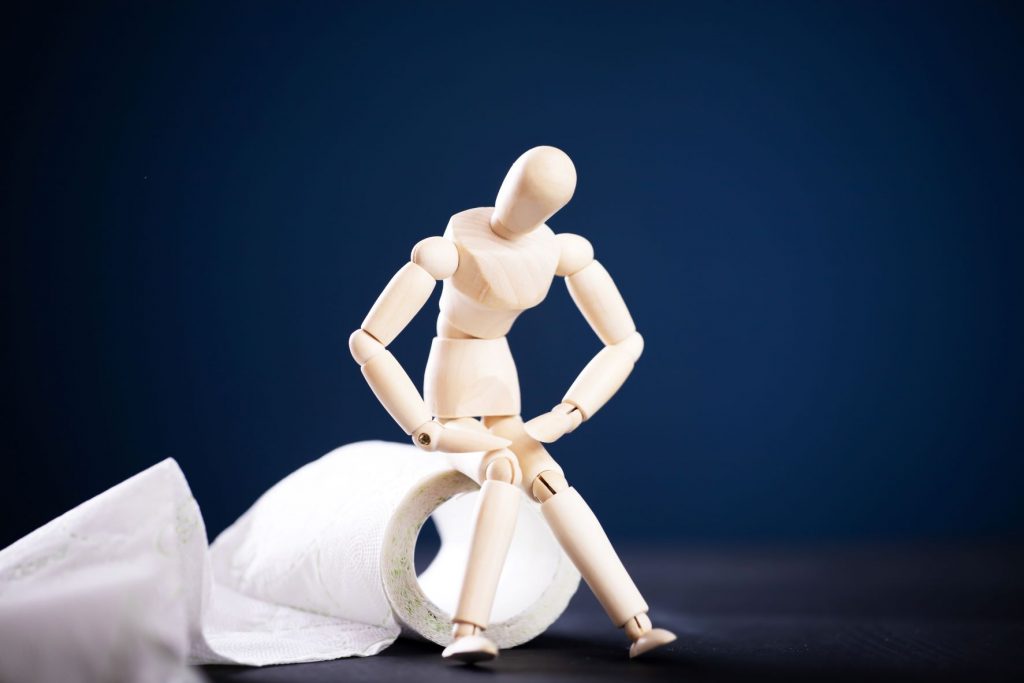
Process of digestion
The digestive process involves breaking down large molecules of food into smaller ones. This allows these nutrients to travel throughout the body. The process of digestion begins in the mouth when we chew food and ends in the small intestine. The GI tract is an intricate system of connected organs that move food through the body. Here are some facts about the digestive process. Let’s first discuss the role of saliva and enzymes. Enzymes accelerate chemical reactions throughout the body.
Function of the small intestine
The small intestine is divided into three sections – the jejunum, the duodenum, and the ileum. The jejunum absorbs carbohydrates and proteins, while the duodenum and ileum absorb most fats. The outermost layer of the small intestine is called the serosa. The serosa is made up of a visceral layer of the peritoneum, the membrane that covers the outside surface of most organs in the abdomen. It is attached to the mesentery to provide nutrient absorption.
Pancreatic enzymes in the small intestine
If you suffer from pancreatic cancer, you may wish to take supplements that contain pancreatic enzymes in your diet. These supplements are available from a registered dietitian, and the pancreatic juice contained in them can neutralize stomach acid in the small intestine. The enzymes released by the pancreas include lipase, amylase, and protease, each of which has a specific purpose. A shortage of any one of these enzymes can cause diarrhea, fatty stools, and a deficiency of some fat-soluble vitamins. Additionally, a shortage of protease will increase the likelihood of infection and toxins in the small intestine.
Water as a nutrient
Besides being essential for hydration, water has a wide range of other health benefits for children. Gut health is an important factor in overall health, because it regulates the amount of nutrients absorbed from the foods we eat, and excretes waste products. Drinking water can promote digestive health by balancing the amount of good bacteria in the GI organs, and flushing out the bad ones. Water also helps to keep the stomach acidity levels balanced, as increased acidity can cause discomfort.
Exercise as a way to maintain a healthy digestive system
In addition to eating healthy, exercise can also improve the health of your digestive system. Not only does exercise improve overall digestion, it can also aid in eliminating toxins from your body. And since your digestive system is responsible for processing the food you consume, it’s important to maintain proper balance in your diet to support optimal digestion. Exercise can help your digestive system, so it’s well worth the time it takes to get moving.
